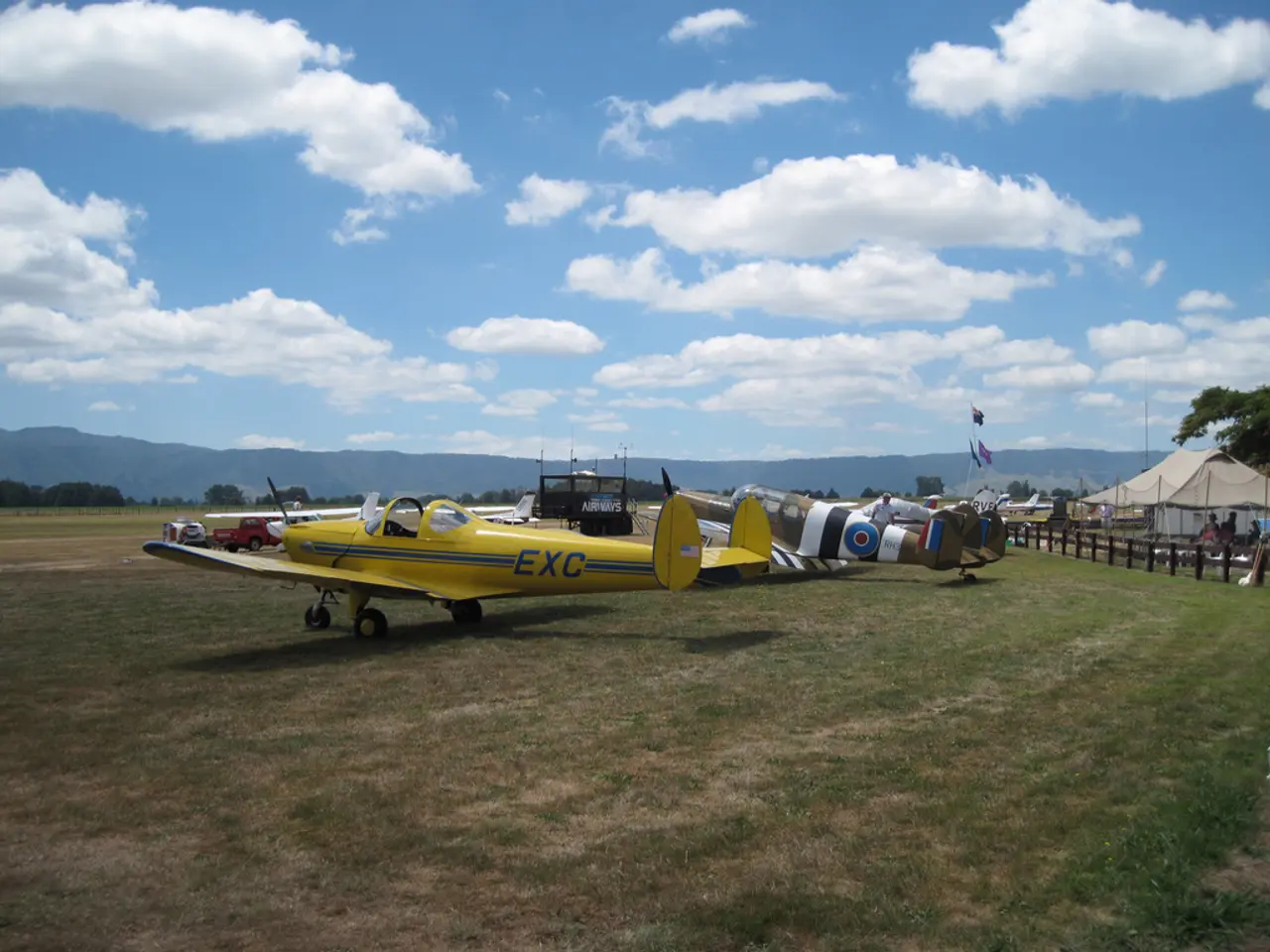Travelers taking drones abroad should be aware of specific drone regulations to avoid a hefty US$230,000 fine.
In the Spanish Canary Islands, flying a drone is not a casual pastime. Under EU rules and local regulations, drone operators must adhere to strict guidelines to ensure safety and respect for privacy laws. A recent incident involving a British tourist serves as a stark reminder of the importance of understanding and following these rules.
Anyone planning to fly a drone in the Canary Islands must register as an operator with Spain's AESA (State Aviation Safety Agency), complete online training, label their drones with an operator ID, and have civil liability insurance, especially if the drone weighs over 250 grams or has a camera. Flying is strictly prohibited over urban areas, crowds, near airports or protected areas, and at festivals or events without explicit permission.
Unauthorized flights, especially in sensitive or crowded spaces, can lead to heavy fines. The tourist, who was fined about €200,000, flew his drone without a license, insurance, or approval during the busy Virgen del Carmen festival in Puerto de la Cruz, Tenerife. His drone was seized due to the illegality and potential danger of the flight, given the large number of people at the festival.
It's worth noting that only three drones were permitted at the festival: the festival's own drone, two National Police drones for security operations. The tourist's drone was spotted by police and traced back to a four-star hotel.
Travelers visiting the Canary Islands, or any other country, should register beforehand as drone operators on AESA’s platform, complete the free online EU training course, check flight zones on official apps like ENAIRE Drones, avoid flying in urban or crowded spaces and during events, and obtain necessary flight permissions in advance.
Drone regulations vary between nations, so it's essential to consult local aviation authorities or official government drone guidance before flying. For those interested in starting with drones, consider looking at the best drones for beginners, the best drones for kids, and the best budget drones.
This incident was reported by The Independent. It underscores the need for vigilance and respect for local drone laws to avoid hefty fines and potential legal consequences. Always check the latest regulations for the specific country before flying.
- The Canary Islands require drone operators to register with Spain's AESA, complete online training, label drones with an operator ID, and have civil liability insurance for drones over 250 grams or with cameras.
- Flying drones in urban areas, near airports, protected areas, festivals, or events without permission is strictly prohibited in the Canary Islands.
- Unauthorized flights in sensitive or crowded spaces can result in heavy fines, as demonstrated by a British tourist who was fined €200,000 in the Canary Islands.
- Only three drones were allowed at the Virgen del Carmen festival in Puerto de la Cruz, Tenerife – the festival's own drone, two National Police drones, and none for tourists or civilians.
- Travelers visiting the Canary Islands should register as drone operators, complete the free online EU training course, check flight zones on official apps, avoid flying in urban or crowded spaces and during events, and obtain necessary flight permissions in advance.
- Drone regulations differ among nations, so it's essential to consult local aviation authorities or official government drone guidance before flying.
- Those interested in drones might want to look at the best drones for beginners, kids, or on a budget before making a purchase. This news of a heavy fine was recently reported by The Independent, emphasizing the importance of adhering to local drone laws.




